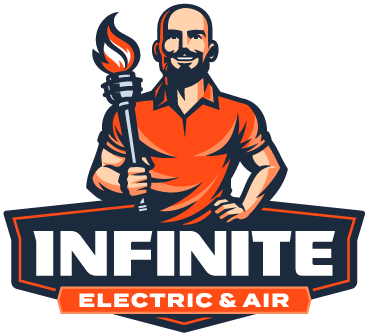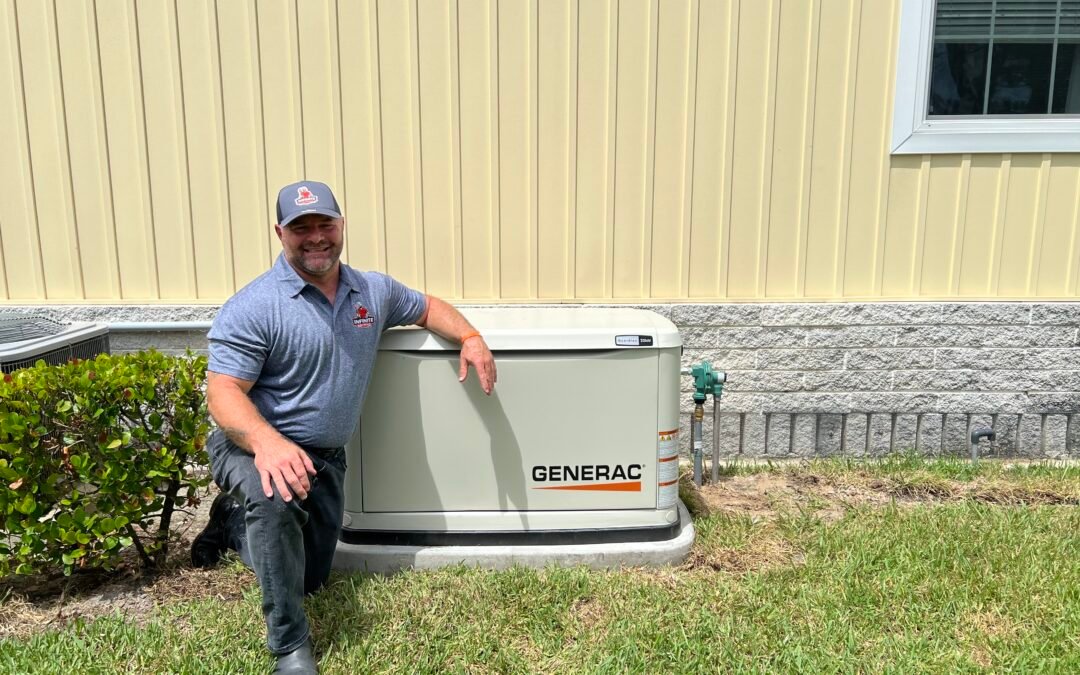When it comes to protecting your home from unexpected power outages, a whole home generator is an essential investment. Whether it’s caused by severe weather or an unforeseen grid failure, having a reliable backup power source ensures your home remains functional and safe. But with so many options available, how do you choose the right whole home generator for your needs? In this guide, we’ll walk you through the different generator sizes and capacities to help you make the best decision for your home and energy needs.
Why Invest in a Whole Home Generator?
Whole home generators are designed to automatically restore power to your home within seconds of an outage. Unlike portable generators, which may require manual setup and are limited in capacity, whole home generators can power your entire home seamlessly. This includes critical systems such as heating, cooling, refrigeration, lighting, and even sensitive electronics.
Understanding Generator Sizes and Capacities
Choosing the right generator for your home begins with understanding your energy needs. The size and capacity of a generator are measured in kilowatts (kW), which indicates the amount of electricity it can provide. Generally, the size of the generator you need depends on the size of your home and the number of appliances and systems you want to keep running during an outage.
1. Small to Medium Homes (1,000 – 2,000 sq. ft.)
- Recommended Capacity: 10 – 16 kW
- Ideal for homes with smaller energy demands, such as those with fewer bedrooms and essential systems. A 10-16 kW generator can power essentials like lighting, refrigeration, and a few appliances, as well as an air conditioning unit in moderate climates.
- Example Use Case:
- Keep lights on, power your refrigerator and freezer, run a few outlets for small appliances, and possibly keep a single HVAC system operational.
2. Medium to Large Homes (2,000 – 3,500 sq. ft.)
- Recommended Capacity: 17 – 22 kW
- For medium to large-sized homes with moderate energy needs, this range can provide power for multiple air conditioning systems, refrigerators, and other essential household appliances. It is suitable for homes that require continuous operation of critical systems like heating and cooling, water pumps, and kitchen appliances.
- Example Use Case:
- Keep your HVAC systems running, power multiple refrigerators, maintain lighting throughout the house, and keep essential electronics like TVs and computers operational.
3. Large Homes (3,500+ sq. ft.)
- Recommended Capacity: 22 – 45+ kW
- Large homes with high energy demands will need a generator with a larger capacity. A generator in this range can support multiple HVAC systems, a large number of appliances, electric water heaters, and even luxury items such as pool pumps or home theaters.
- Example Use Case:
- Provide uninterrupted power to all major systems, including HVAC, multiple refrigerators and freezers, home entertainment, security systems, and potentially high-demand equipment like electric car chargers or pool systems.
Key Factors to Consider When Choosing a Generator
In addition to the size and energy capacity of your generator, there are a few other factors you should consider when selecting the right whole home generator for your needs:
- Fuel Source
- Generators typically run on natural gas, propane, or diesel. Natural gas is often the most convenient and reliable option, as it connects directly to your home’s gas line. Propane and diesel require regular refueling, but they can be more versatile in certain situations.
- Automatic Transfer Switch
- An automatic transfer switch (ATS) allows your generator to kick in automatically when it detects a power outage. Make sure the generator you choose includes an ATS to ensure seamless power restoration.
- Noise Levels
- Some generators can be quite loud, which may be a consideration depending on where your home is located. Look for generators that are designed with noise reduction features, especially if you live in a neighborhood with noise restrictions.
- Maintenance and Monitoring
- Regular maintenance is key to ensuring your generator is ready when you need it. Many modern generators come with monitoring systems that alert you when maintenance is required. Some even offer mobile apps that allow you to monitor your generator remotely.
- Budget and Financing Options
- Whole home generators can vary widely in price depending on the size and features. While larger generators naturally come with a higher price tag, it’s important to balance cost with the level of coverage your home requires. Consider financing options or promotions offered by companies like Infinite Electric & Air to make your investment more manageable.
Conclusion
Choosing the right whole home generator is a crucial step in ensuring your home remains powered and safe during any outage. By evaluating your home’s size, energy needs, and personal preferences, you can select a generator that provides the power and reliability you need. Whether you’re seeking to cover just the essentials or maintain a fully operational household during an outage, Infinite Electric & Air can help you assess your options and install the perfect whole home generator for your home.
Need help choosing the right generator? Contact Infinite Electric & Air today for expert advice and a free consultation. Our team of professionals is ready to ensure your home stays powered no matter what comes your way.

